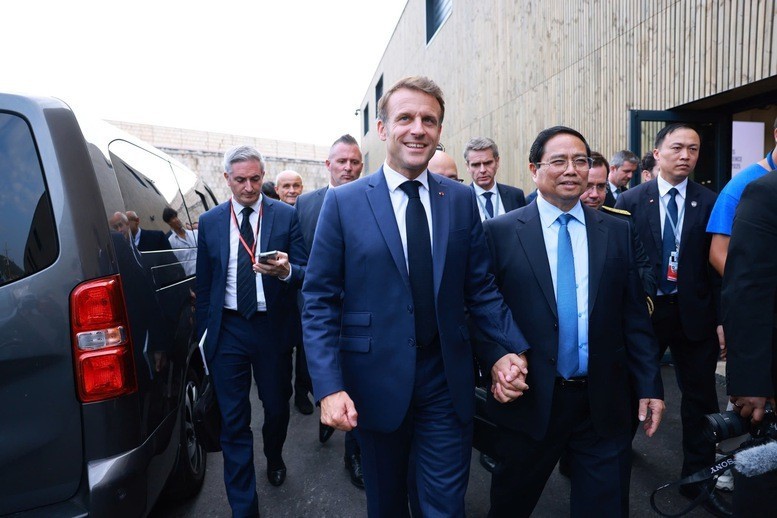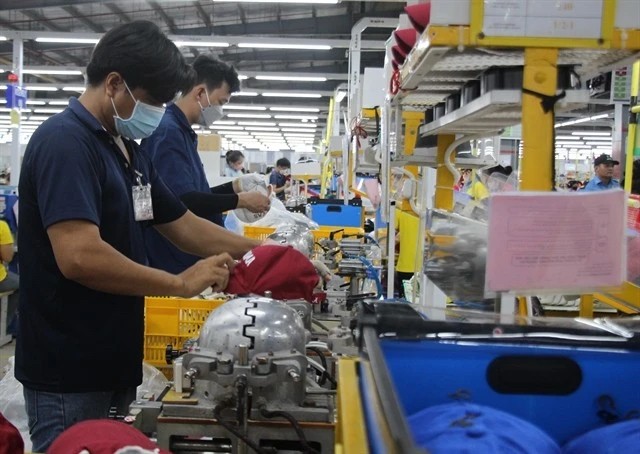Vietnam-European Union Cooperation in Responding to Climate Change (Part 2)
Vietnam - EU cooperation for Global Governance to Respond to Climate Change: Opportunities and Ways Forward
| Vietnam Calls For Stronger International Cooperation for Tackling Climate Change Impacts | |
| Denmark, Vietnam Soar Towards Sustainable Future |
Outstanding achievements in Vietnam - EU cooperation
In terms of cooperation frameworks, Vietnam and the EU have established a comprehensive and multifaceted partnership, as evidenced by the numerous agreements in place. The Partnership and Cooperation Agreement (PCA), which entered into force in 2016, serves as a cornerstone for cooperation in various fields, including politics, economics, defense and security, and law and governance. Other significant agreements include the Vietnam-EU Free Trade Agreement (EVFTA), the Vietnam-EU Investment Protection Agreement (EVIPA), the Voluntary Partnership Agreement on Forest Law Enforcement, Governance and Trade (VPA-FLEGT), and the Framework Partnership Agreement on Defense and Security. These agreements have positioned Vietnam as one of ASEAN's most comprehensive partners with the EU.
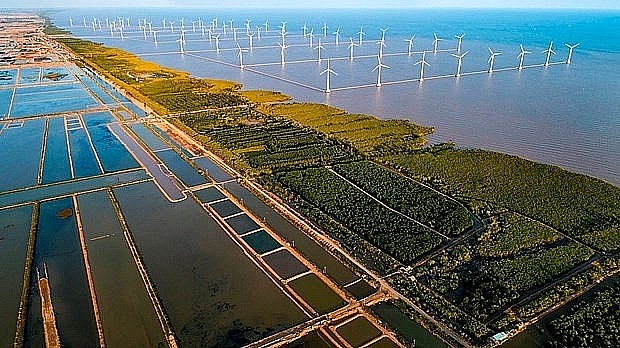 |
| Vietnam will proactively cope with climate change by 2050. (Photo: baotainguyenmoitruong.vn) |
In terms of trade and investment, with a market of 512 million people, accounting for 22% of global GDP, and a per capita income of nearly US$40,000 per year, the EU is Vietnam's top economic partner and one of its three largest trading partners and export markets (after China and the United States). Bilateral trade between Vietnam and EU member states reached US$72.3 billion in 2023, making Vietnam the EU's second-largest trading partner in ASEAN (after Singapore). The EU has consistently been Vietnam's second-largest export market (after the United States) with a growing volume of goods. In 2023 alone, Vietnam's trade surplus with the EU reached US$34.3 billion. Immediately after the EVFTA came into effect in August 2020, Vietnam's exports to the EU market reached US$3.25 billion, a 4.65% increase compared to July 2020 and a 4.2% increase compared to the same period in 2019. Notably, despite being significantly impacted by the COVID-19 pandemic, Vietnamese businesses still managed to increase their exports to the EU.
The EU is among the top five foreign direct investors (FDI) in Vietnam, alongside South Korea, Japan, Singapore, and Taiwan (China). As of September 2023, the EU has 2,535 active projects in Vietnam with a total registered capital of over US$29 billion. EU investments are primarily concentrated in high-tech industries, with a recent trend towards the service sector (post and telecommunications, banking and finance, leasing, retail). EU investors bring with them technological advantages, contributing significantly to technology transfer, the creation of new industries and professions, and new high-tech products, thereby generating more jobs. While Vietnamese investment in the EU is not as substantial, these investments have helped Vietnamese businesses tap into business opportunities, access the large EU market, and expand their reach.
Cooperation towards global governance to respond to climate change
Opportunities for Vietnam-EU cooperation in global governance
There are numerous opportunities and advantages for Vietnam and the EU to strengthen their comprehensive cooperation for sustainable development, including joint efforts to address global challenges. Both sides stand to benefit from this partnership, and they have established a solid foundation of frameworks and mechanisms to promote this relationship.
Firstly, a comprehensive partnership with the EU, a leading global economic and political center, has always been a top priority in Vietnam's foreign policy and international integration. Vietnam-EU relations are further strengthened by bilateral ties with the 27 EU member states, particularly strategic partnerships with Germany, France, Italy, and Spain, comprehensive partnerships with the Netherlands, Denmark, and Hungary, and traditional friendship relations with Eastern European member states.
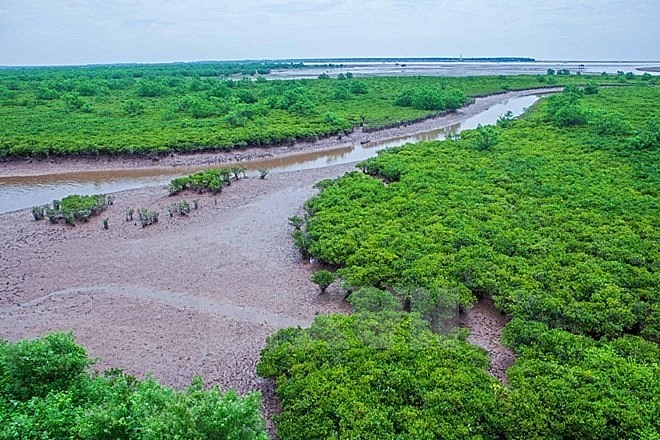 |
| A submerged forest near sea (Photo: VNA) |
Secondly, the EU also benefits significantly from strengthening its partnership with Vietnam. As High Representative of the European Union for Foreign Affairs and Security Policy Josep Borrell highlighted on November 5th, 2020, Vietnam has emerged as one of the fastest-growing economies in the region and a dynamic player in the Asia-Pacific. Vietnam is an attractive bilateral partner for the EU, as well as through its membership in ASEAN and the United Nations, where it has demonstrated a strong commitment to multilateralism, a rules-based international order, and addressing global challenges. Vietnam's economy is highly open, with rapid and stable growth. Currently, Vietnam has participated in 19 bilateral and multilateral FTAs with most economies in the world. Of these, 16/19 FTAs have come into effect with more than 60 partners, covering all continents, with a total GDP accounting for nearly 90% of global GDP. This is the basis and foundation for Vietnam to become one of the leading countries in the region in participating in bilateral and multilateral economic cooperation frameworks.
Thirdly, the EU holds a positive stance on climate change. In October 2023, speaking at the Global Gateway Forum with the theme "Stronger Together through Sustainable Investment", organized by the EU in Brussels, Belgium, aimed at mobilizing resources for sustainable development, European Commission President Ursula von der Leyen affirmed that climate change is both a challenge and an opportunity for development. Therefore, countries need to implement the right policies in a timely manner. The EU has synchronized and implemented three groups of economic, social, and environmental policies for sustainable development, with a particular focus on environmental policies to mobilize clean technologies, renewable energy, and encourage private capital along with government resources to contribute to green development globally. This is valuable experience for Vietnam as it promotes relations with the EU to address global challenges.
Fourthly, the EU is a significant economic partner with advanced technology, a robust supply chain, and a large market with diverse import demands, particularly for products in which Vietnam has a competitive advantage, such as essential goods and consumer products. This import demand is stable, with high prices and large profit margins. Vietnam has a competitive edge as one of the four Asian countries to have an FTA with the EU. The EU also recognizes Vietnam as an important partner and seeks to collaborate to diversify supply chains and mitigate risks.
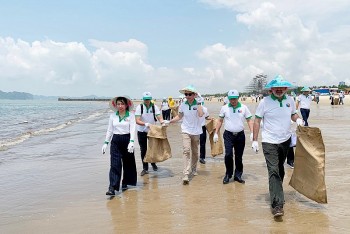 | Vietnam - EU Cooperate for Clean Environment The Europe Day in Vietnam event in Ha Long City themed "Vietnam - EU joining hands for a clean environment" is an initiative of the ... |
 | What, Not Climate Change, Impacts Wheat Crop Production in Pakistan The food grain crisis in Pakistan is not a result of climate change, but rather greed and corruption that are turning Punjab from a ‘bread ... |
Recommended
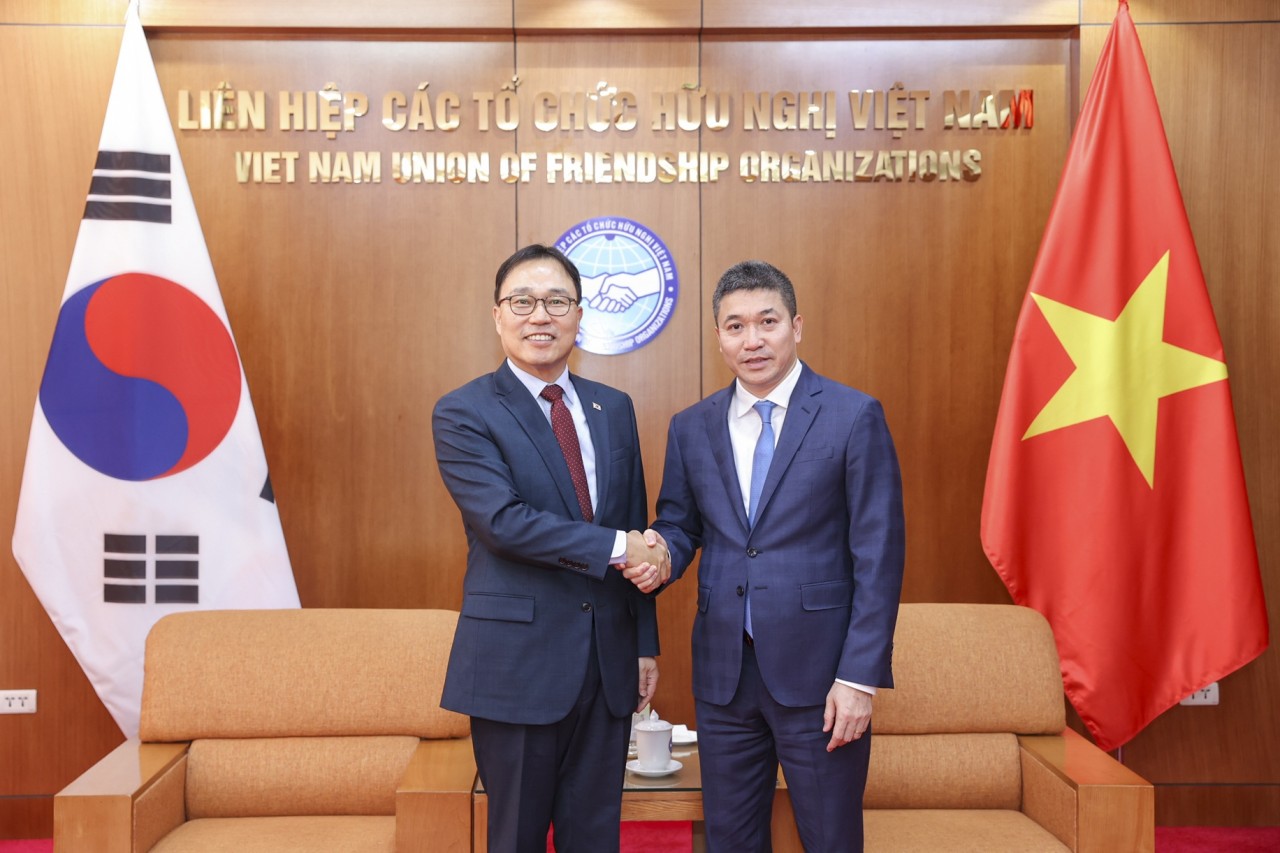 Focus
Focus
Effective Coordination in Promoting People-to-people Exchange between Vietnam and RoK
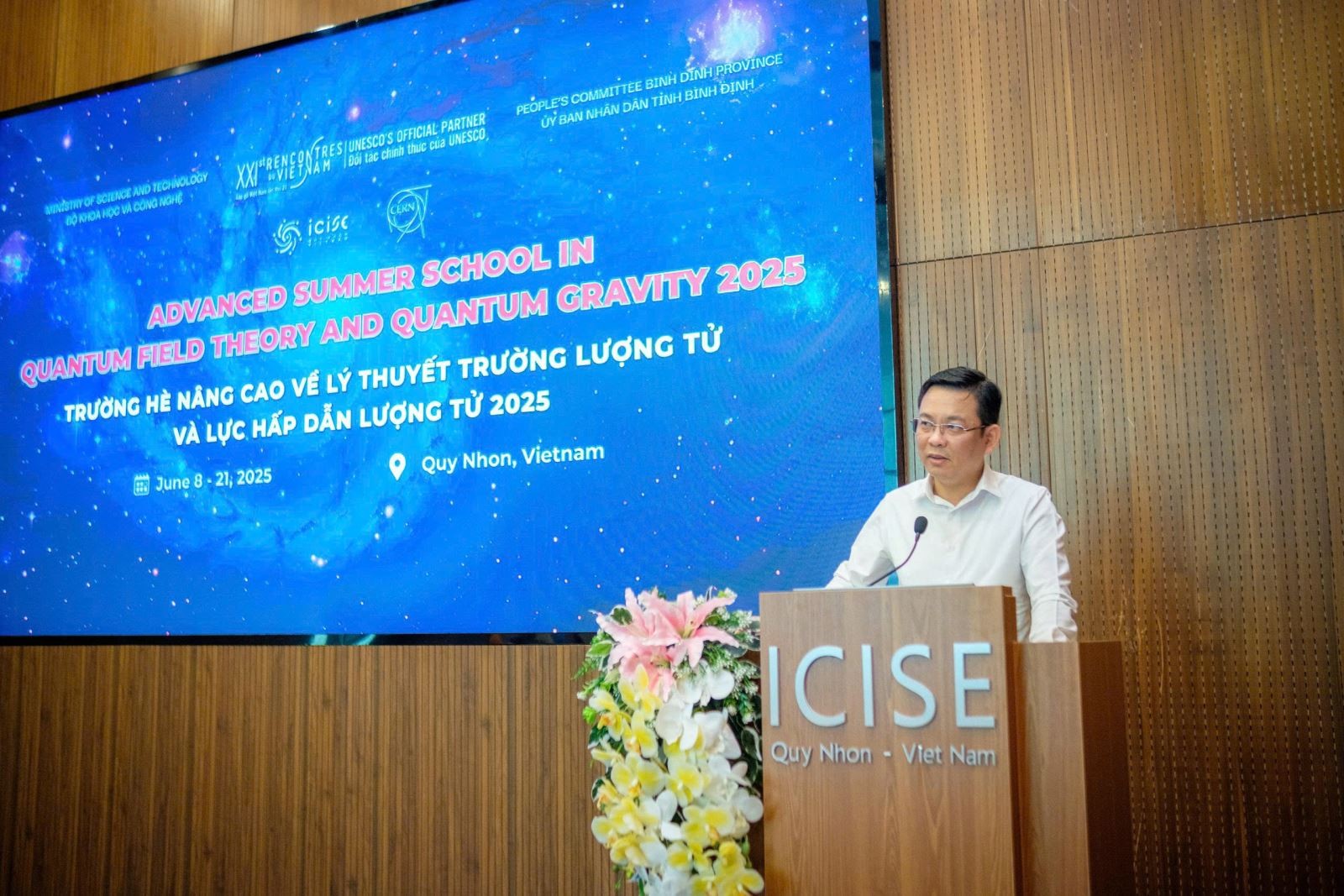 Friendship
Friendship
Strengthening People-to-People Diplomacy in Science and Technology in Vietnam
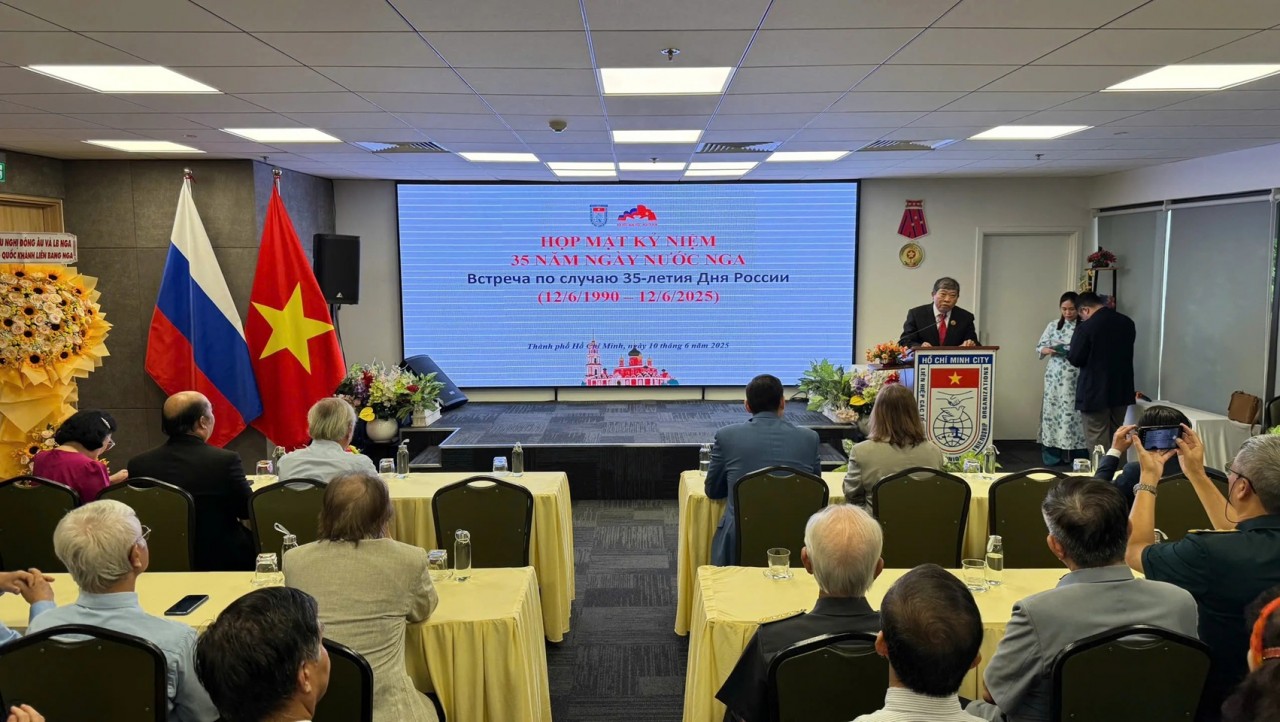 Friendship
Friendship
Vietnam - Russia Relations Continue to Substantially Develop on Basis of Trust and Friendship
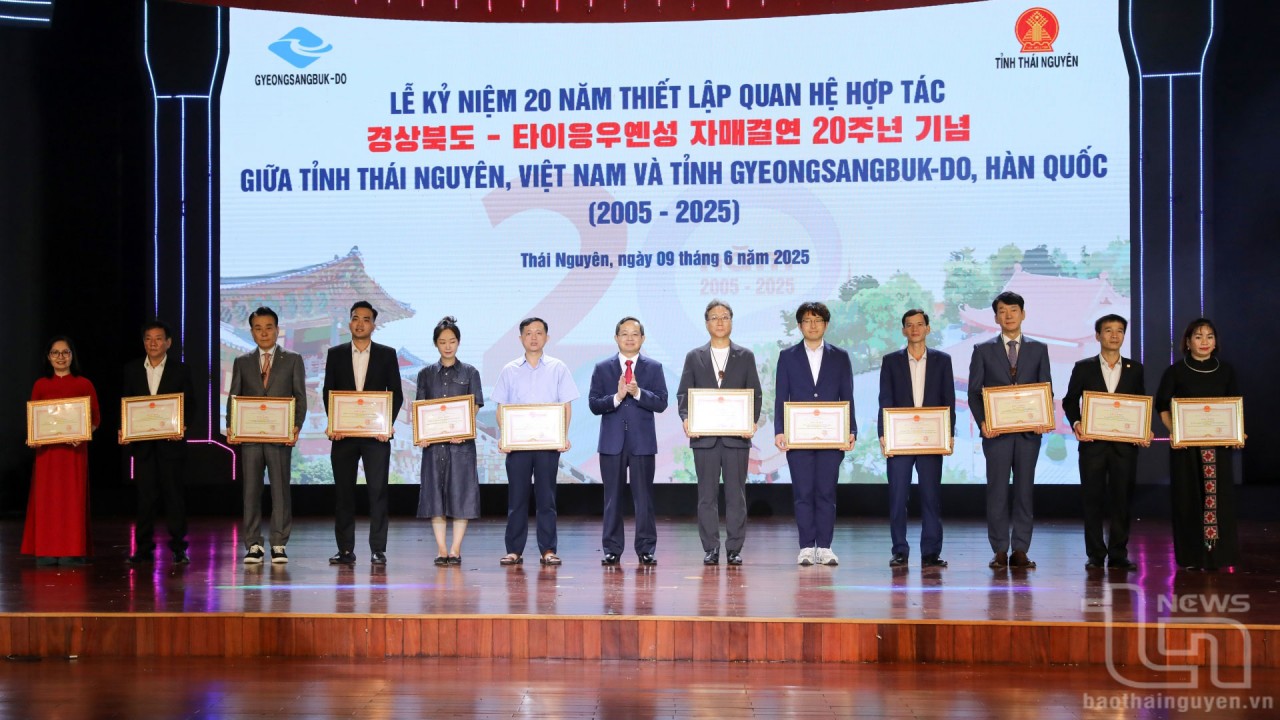 Friendship
Friendship
Promoting Cooperation between Thai Nguyen and Gyeongsangbuk-do (RoK)
 Friendship
Friendship
Vietnamese Representative Missions Introduce Ho Chi Minh Cultural Space to Int'l Friends
 Friendship
Friendship
Vietnamese Seafood First Time Promoted at Prague Food Culture Festival
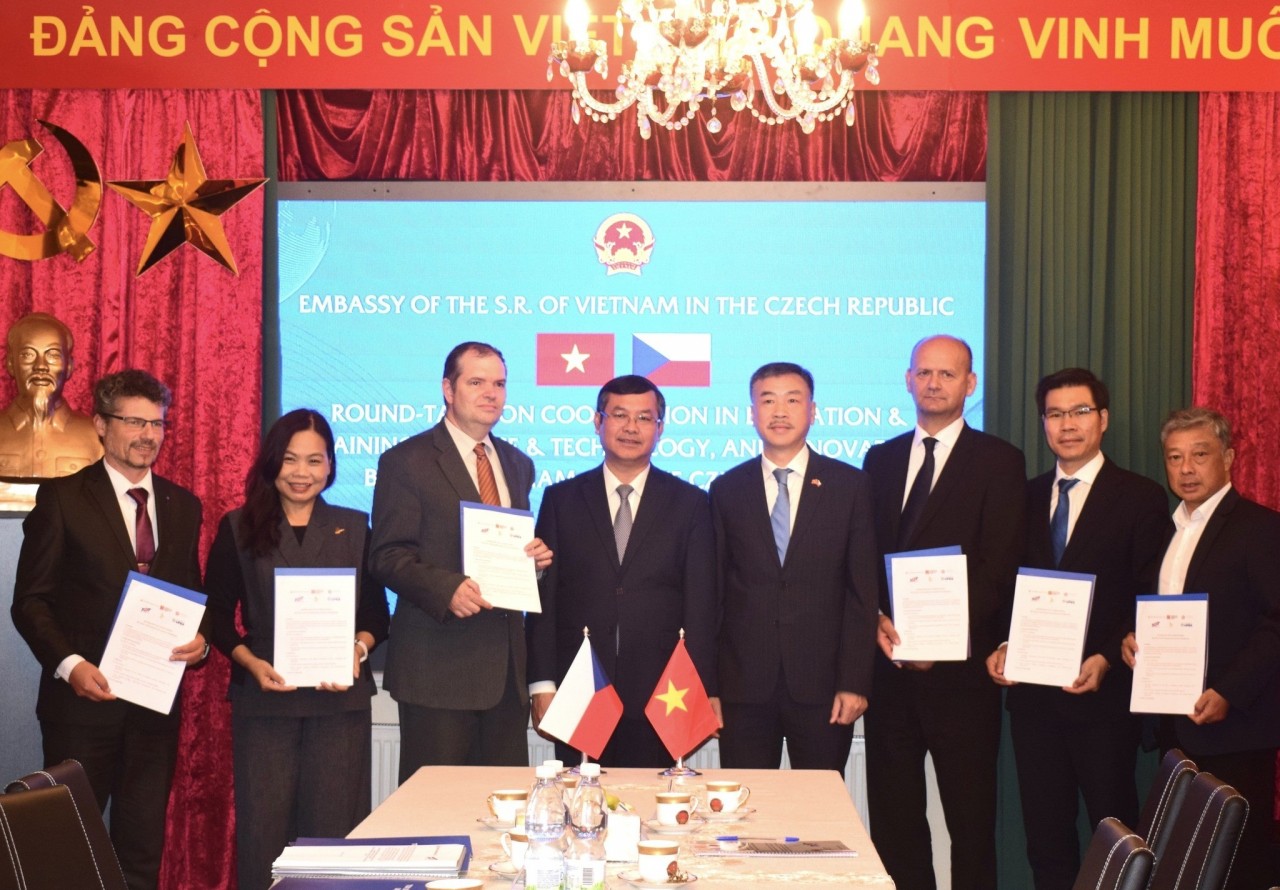 Friendship
Friendship
Vietnam, Czech Republic Promote Cooperation in Education, Research, and Innovation
 Friendship
Friendship

